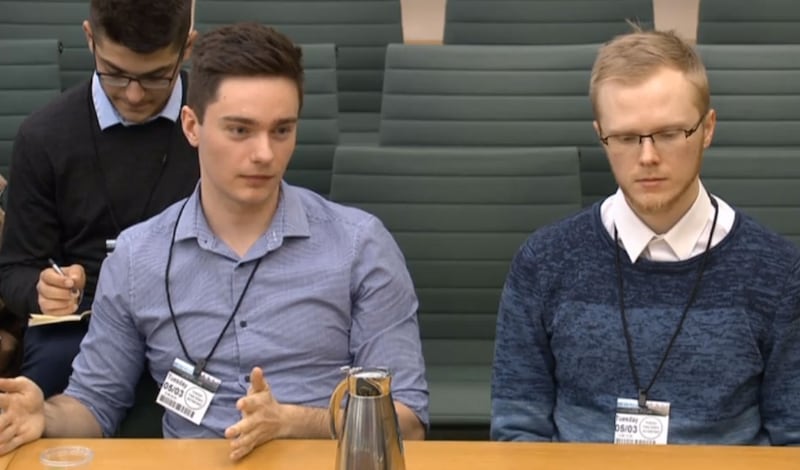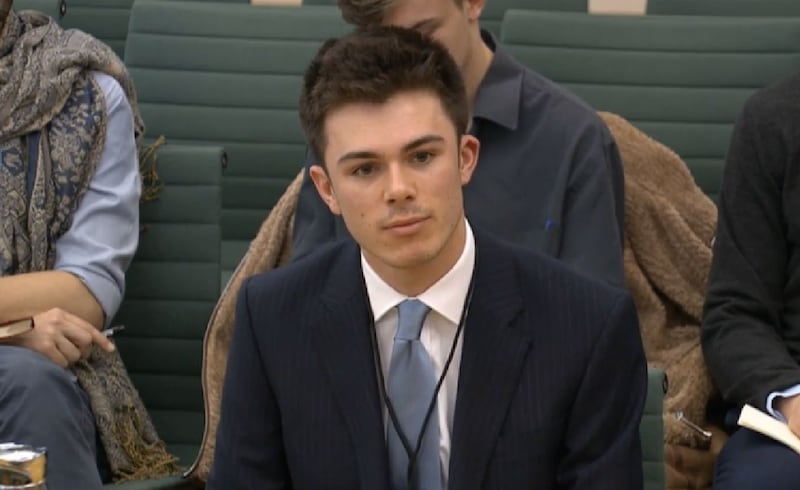Gamers are regularly told by others to kill themselves for not playing a game well, MPs were told at a committee hearing into new technologies.
Two former gamers, James Good and Matus Mikus, shared their alarming experiences of “toxic behaviour” when playing live multiplayer games online, adding that harassment towards female players is particularly rife.
“People would just tell you to kill yourself because you were so terrible at the game, and this was a very common occurrence, almost every game,” Mr Mikus told the Digital, Culture, Media and Sport Committee.
“Usually when there’s a girl on the team, when she speaks out and it becomes known that she’s a woman, she will get harassed and if she makes a mistake it will be amplified because guys will be like, ‘oh, it’s a girl, she doesn’t know how to play it well’.”

YouTuber Jack Edwards said there was similar abuse on social media networks, saying that people “really pick at things that you do”, but that he had seen it so often he had become desensitised to it.
“You can have 500 lovely comments and there will be one nasty one and that’s the one that sticks with you for the day, and the next time you make a video that’s the one you think about,” he explained.
“That’s something that has almost become normal to expect, which is not OK, but it’s that playground scenario of, you can have loads of kids having fun and one kid will make a spiteful comment. I think unfortunately it’s a human thing, we can’t really silence people or censor people from that kind of thing.”

Mr Edwards said he believes simply reporting a troll to the social network owner is not enough to deter people from writing abusive comments, adding: “I think targeted abuse of people should be a police matter – if I were to troll someone right now, I wouldn’t know what the consequence would be.”
Former gaming addicts Mr Good, who admitted to once notching up 32 hours of uninterrupted game play without eating or sleeping, and Mr Mikus opened up to the committee about how their addiction to playing games online degraded their social skills, broke down relationships and impacted studies.
When deciding to give up gaming, Mr Good said he experienced withdrawal symptoms including headaches and mood swings, and had to lock games consoles away to avoid temptation.
Experts in addiction told the committee last week that the UK lagged behind other countries in understanding the impacts of gaming addiction and that little was on offer to help people with the problem.
The Government is set to release its long-awaited White Paper on dealing with online harms soon, which will set out new measures to make social networks accountable.







